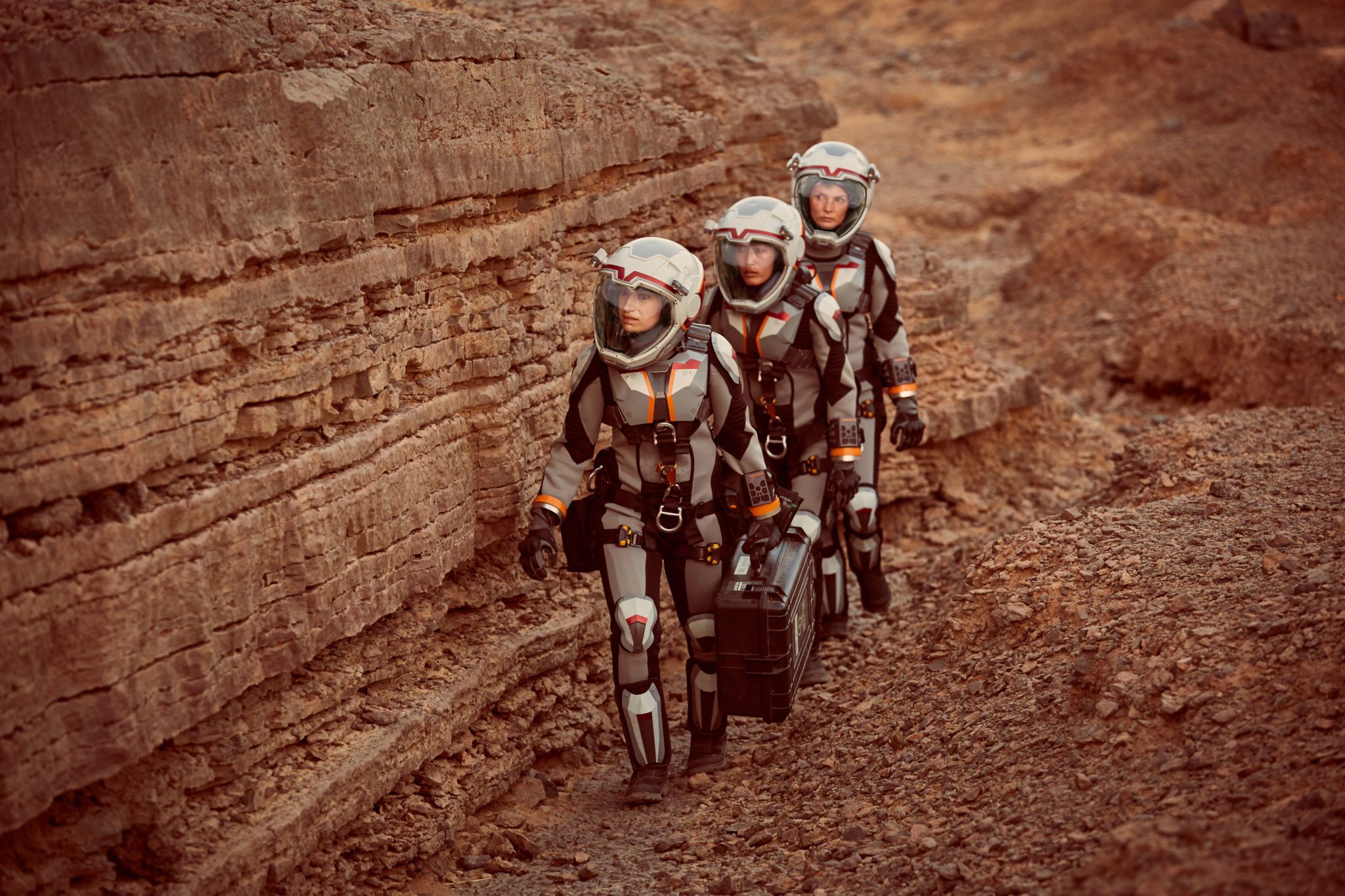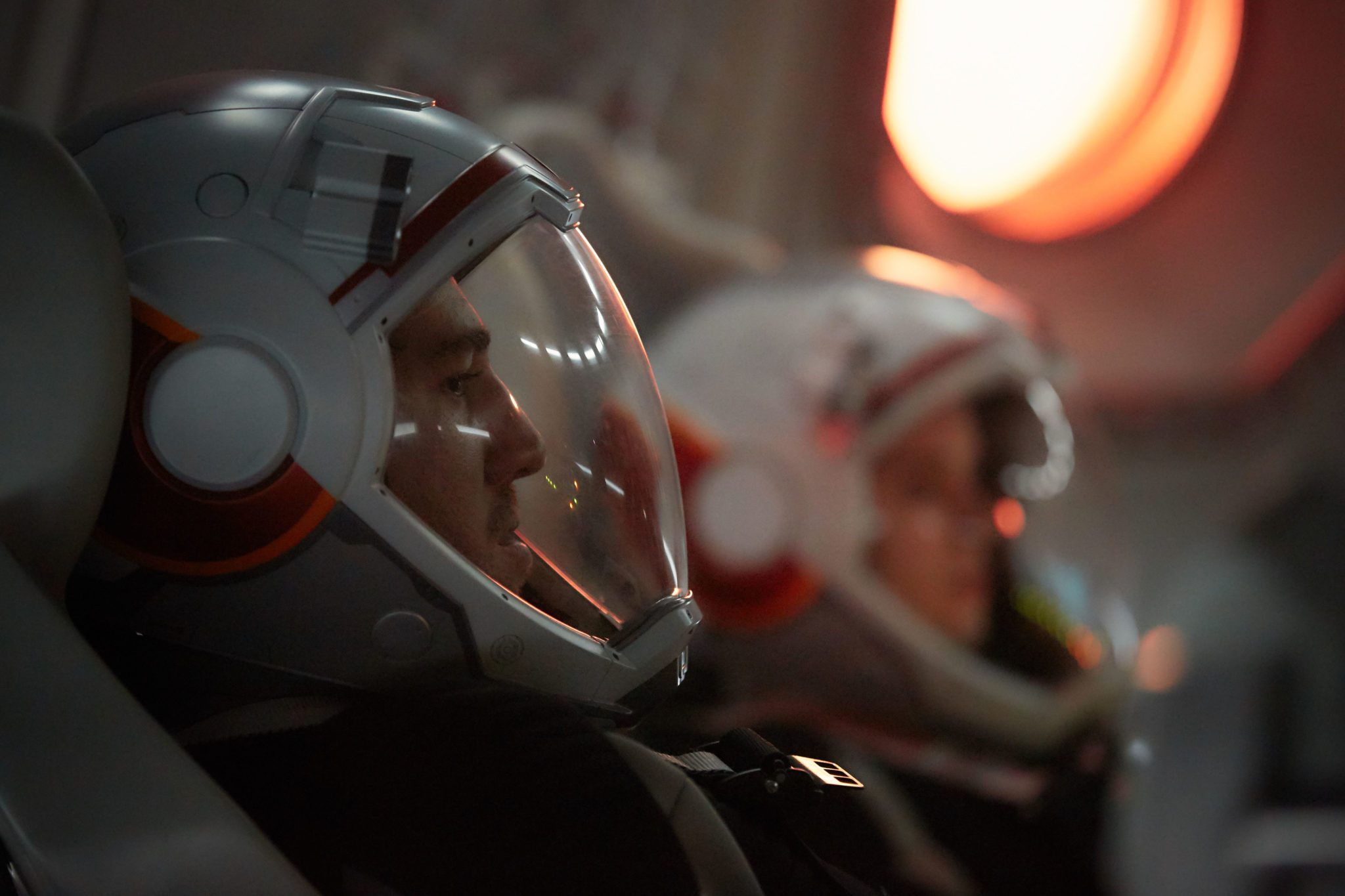
Mars Ep. 6 – The Cost
Manned space exploration has been stuck in orbit around our own planet for nearly fifty years. Is it time to change all that?

Manned space exploration has been stuck in orbit around our own planet for nearly fifty years. Is it time to change all that?

Mars is a challenging reminder of why space exploration is so risky and yet holds out so much hope for the inhabitants of this planet.